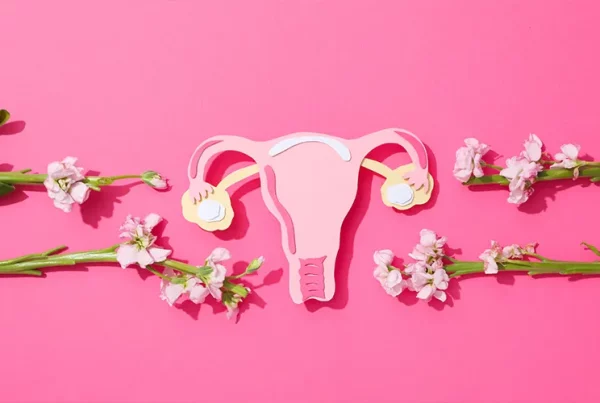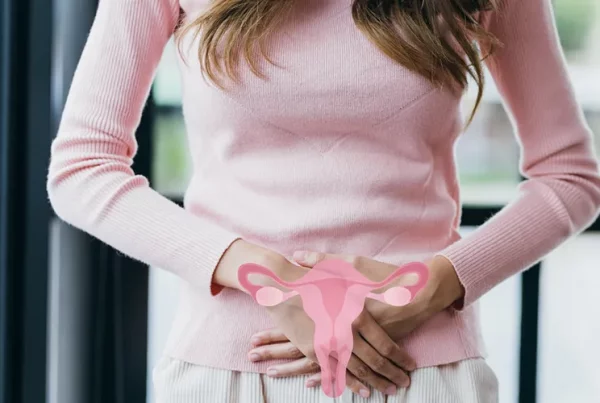1. Age is a big culprit
For fertility, age is unfortunately, not just a number. In fact, a woman’s age remains the biggest and most important factor that determines a woman’s chances of conceiving and also the risks during pregnancy. For women, the highest chances of getting pregnant and delivering a healthy baby happen before the age of 30. After 30, fertility gradually starts to decline every year, dropping sharply after the age of 35. Women in their 30s have a 20% chance of pregnancy every month and this number further drops to 5% at the age of 40. So for the women out there who are delaying starting a family for career development or simply to have more freedom, remember not to miss your golden window.

2. Infertility affects both men and women
Infertility is sometimes misunderstood as a female problem exclusively. However, around 30% of infertility cases in couples involve male infertility.
Male infertility is usually caused by problems either with sperm production or sperm delivery. In problems with sperm production, the sperm produced may be abnormal with an unusually short lifespan, or have low mobility. It could also be an unusually low sperm count in the man’s semen. Sperm delivery problems include issues such as blockage of the sperm ducts, which prevents sperm from entering the woman, or erectile dysfunction. As with female infertility, there are a variety of treatment options for male infertility. These include medication to improve sperm quality and sperm count, or surgical procedures to unblock sperm ducts.
3. Detect infertility early

With age playing a major role in declining fertility, it’s important to seek help early to increase your chances of pregnancy. If you and your partner have been having regular unprotected sex for a year – including 2 to 3 times during the woman’s fertile window – without conceiving, seek help from a fertility specialist in Singapore who can assess your situation and determine a fertility treatment, if required. Women above 35 years who have not had success conceiving after 6 months of trying should seek a fertility specialist’s help.
4. IVF is not always the only option
While in-vitro fertilisation (IVF) is considered a well-known option for infertile couples to have a child, it’s important to be aware that IVF is not the only solution. If you are seeking help for fertility problems, there are many treatment options, depending on the cause of infertility, before your fertility specialist may recommend IVF as an option. These include medical treatments, surgical treatments, and assisted reproductive techniques, which include IVF and intra-uterine insemination. Medical treatments are typically used as a first-line approach for infertility. These include follicular tracking to monitor follicular growth and ovulation, which will assist the timing of sexual intercourse. You may also be provided with fertility drugs which help regulate reproductive hormones and trigger egg release during ovulation. If infertility is caused by gynaecological conditions such as endometriosis or ovarian cysts, a laparoscopic, hysteroscopic or open surgery be considered to remove the abnormalities.

5. IVF is not as complex as it seems
IVF is a generally safe procedure for couples dealing with infertility and is only considered when other fertility treatments have not been successful. It involves retrieving the egg and sperm from the couple, with fertilisation taking place in a lab before transferring the embryo back into the woman’s womb and subsequently testing to check if the pregnancy is successful. An IVF procedure is performed by a specialised IVF-accredited gynaecologist who has undergone rigorous training and will only be suggested after a fertility assessment has been done. The success rates of an IVF procedure are about 50% and on average, most couples will get pregnant within 3 IVF cycles. As with natural conception, the chances of a successful IVF cycle also depends on the woman’s age.
You may also like to read about:
Need to consult an O&G specialist?
The male and female O&G specialists in our clinic network are located at multiple locations in Singapore for easy and quick access.



